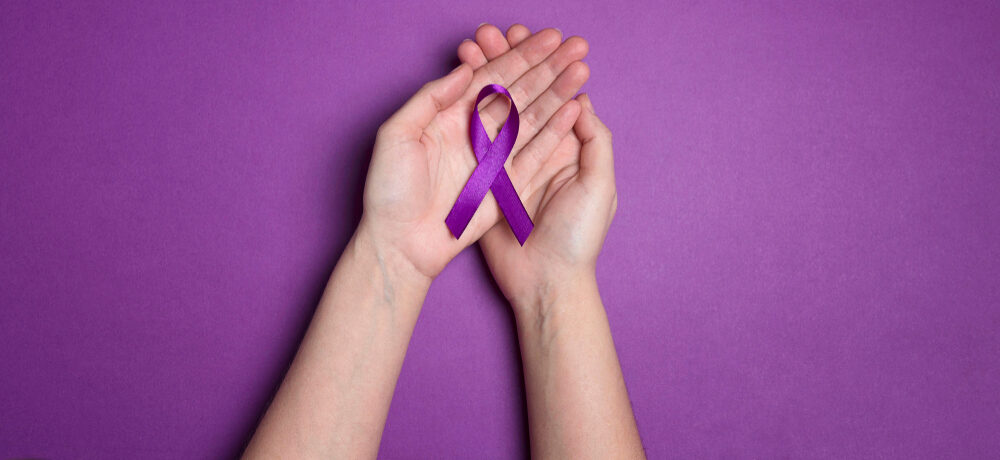Although the mechanisms of action of the Endocannabinoid System is not yet fully known, several scientific studies prove that cannabinoids have a direct influence on the central nervous system (CNS), acting as modulators in synaptic transmissions.
The use of cannabidiol to treat severe and refractory epilepsy, for example, is already scientifically proven, with significant results in reducing crises and having a direct impact on patients’ quality of life.
Would you like to learn why cannabidiol works in the treatment of epilepsy? Keep on reading and understand the potential of the CBD in the management of seizures.
Cannabidiol in the treatment of refractory epilepsy
In accordance with the World Health Organization (WHO), approximately 50 million people worldwide suffer from epilepsy, which represents around 1% to 2% of the world population. The term “refractory” indicates those cases in which two or three anticonvulsants were used in the optimized doses, without a satisfactory response in reducing the episodes.
Especially in these cases, the CBD stands out as an optional therapeutic agent, due to its anticonvulsant properties scientifically proven in several studies, culminating in the approval of CBD isolate Epidiolex® for the treatment of severe and refractory epilepsy associated with Lennox Gasteaut and Dravet Syndromes at the FDA (Food and Drug Administration) and other regulatory agencies in the world.

Scientific evidence on cannabidiol and epilepsy
The first study in humans on the use of cannabidiol in epilepsy was carried out in the 1980s by the Brazilian scientist Elisaldo Carlini, specialist in Psychopharmacology, who has dedicated more than 50 years of his life to the research of medical cannabis. Carlini’s studies showed that cannabidiol has its own pharmacological effects in the treatment of epilepsy, acting independently of the effects of tetrahydrocannabinol (THC).
Carlini’s research was conducted with a small sample of eight adult patients who used CBD as a therapeutic agent against epilepsy. The results indicated the full suspension of the episodes in four of these patients and the reduction of seizures in three of them.
Until 2016, many studies on the anti-convulsive potential of the CBD were conducted, however, all of them of short duration and with a small sample of patients (<15).
The two most relevant, double-blind, randomized, controlled studies, with the largest number of patients, were those that culminated in the approval of the CBD isolate Epidiolex, for the treatment of severe and refractory epilepsy associated with Lennox Gasteut and Dravet syndromes. Both studies showed that more than 40% of patients had a reduction of more than 50% in seizures. In general, CBD was well tolerated. The most common adverse effects were drowsiness, prostration, loss of appetite and diarrhea.
- 120 patients with Dravel Syndrome
- 61 on CBD and 59 on control
- 20 mg/kg/day CBD isolate for 14 weeks – 2x/day
- 43% reduction of episodes >50%
- 225 patients with Lennox-Gasteaut
- 149 on CBD and 76 on control
- 10-20 mg/kg/day CBD isolate for 14 weeks – 2x/day
- Reduction of episodes by 41.9% in the 20mg/kg/day group
- Reduction of episodes by 37.2% in the 10mg/kg/day group

Clinical cases of international repercussion
Some patients with severe and refractory epilepsy, who pioneered treatment with medical Cannabis have become internationally known. One of these characters is the Brazilian Anny Fischer, the first patient in the country to be legally authorized to import CBD-based products for medical use.
Anny has Rett CDKL5 syndrome, a rare genetic disease associated with significant neuropsychomotor delay and severe epilepsy, which is difficult to control. The girl had an average of 80 epileptic seizures per week, which were cleared when she started treatment with cannabidiol in 2013, at 5 years of age.
Another famous case of successful use of cannabidiol in the treatment of epilepsy is that of the American girl Charlotte Figi, who came to face 300 epileptic seizures a week. With Dravet’s syndrome, Charlotte suffered from seizures from the age of three months, dying in 2020 at the age of 13, victim of pneumonia and complications of her underlying disease.
These cases were quite representative for boosting research on medical Cannabis in Brazil and in the world. The results are still very promising when we talk about cannabidiol and epilepsy, showing the potential of CBD in reducing seizures both in number and intensity, and with a good profile of safety and tolerability.
To safely and effectively prescribe cannabidiol drugs, you need to deepen your knowledge of the endocannabinoid system and the key fundamentals around medical Cannabis.
WeCann Academy is committed to this learning journey, interconnecting the scientific knowledge and practical experience in a global community of studies in Endocannabinoid Medicine.
Do you want to take part in this community? Contact us and learn more about it!
